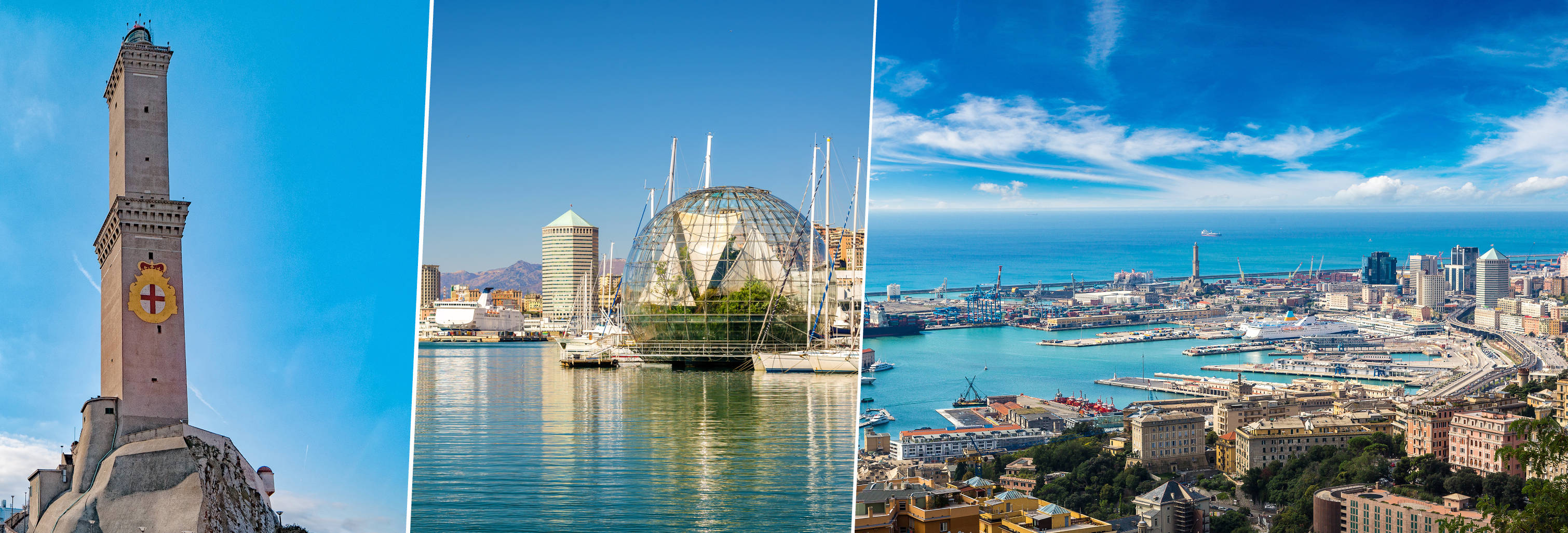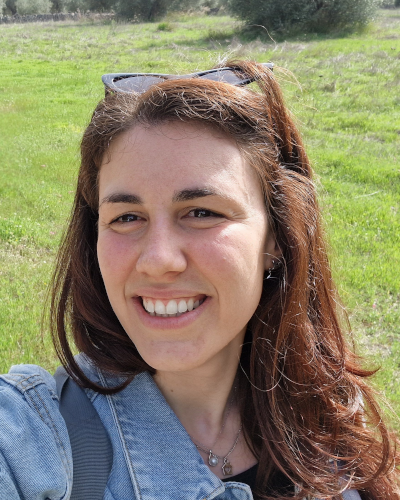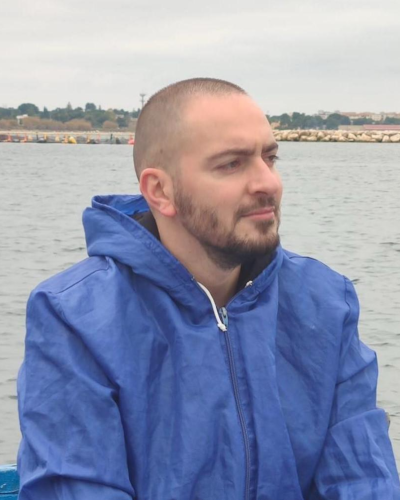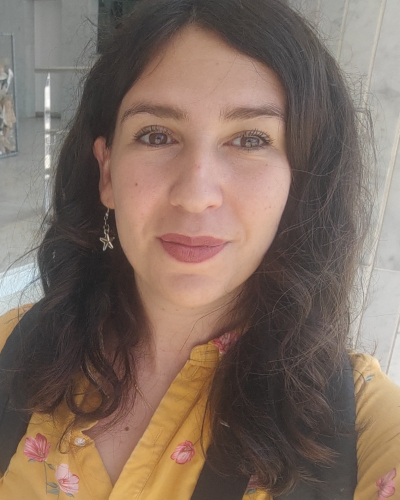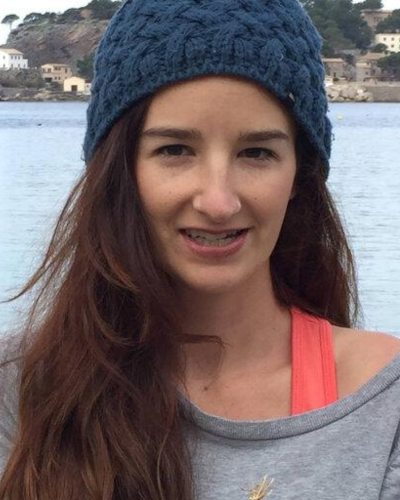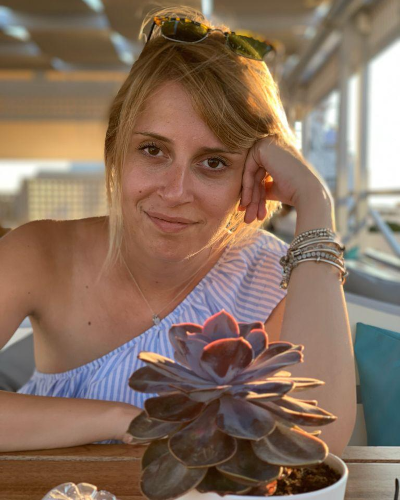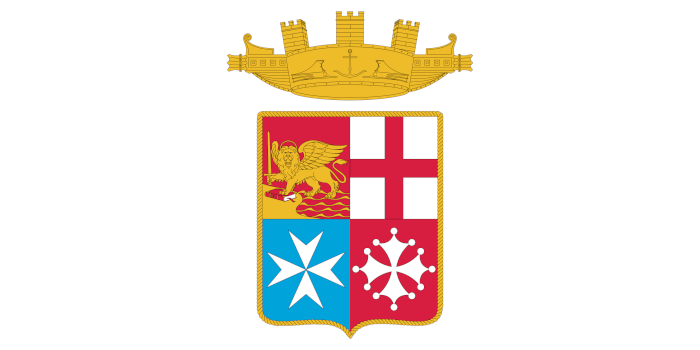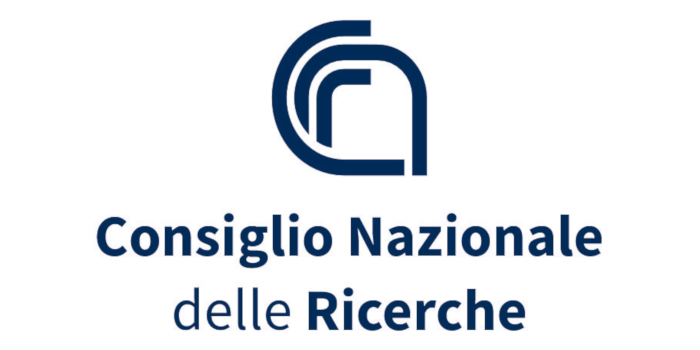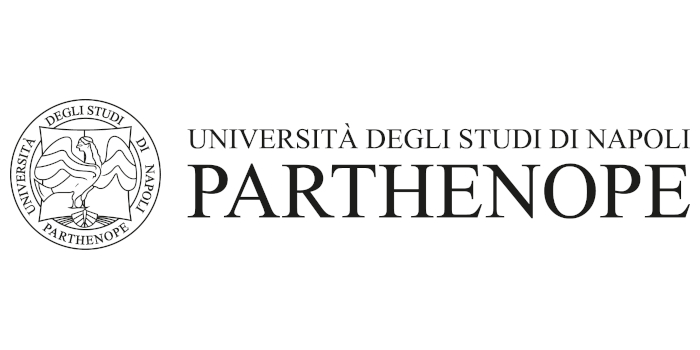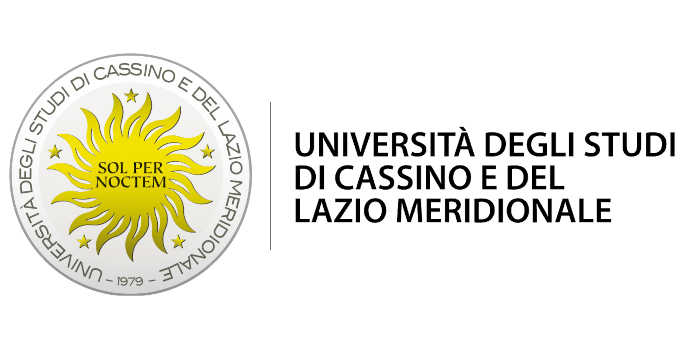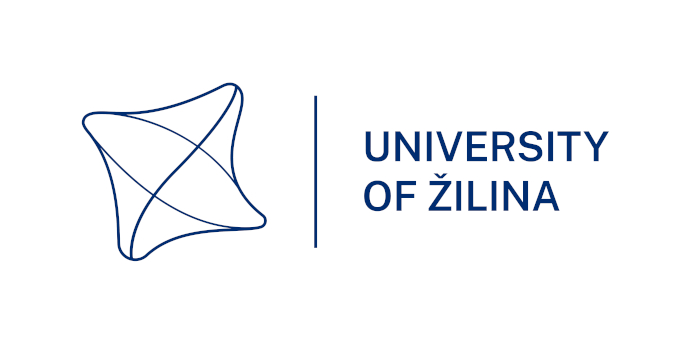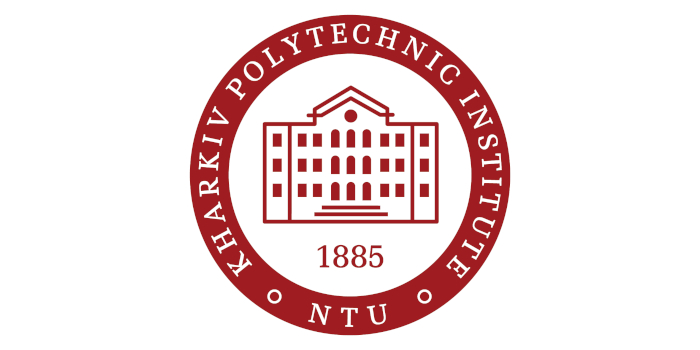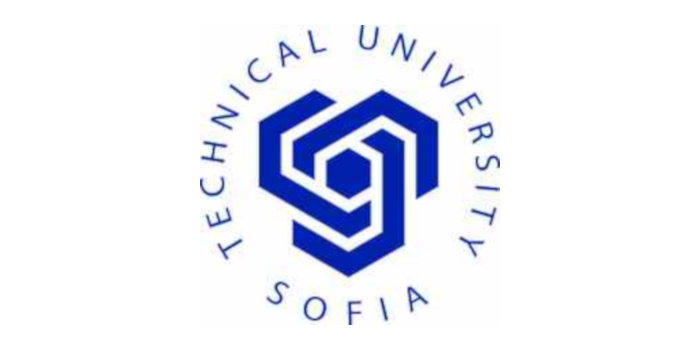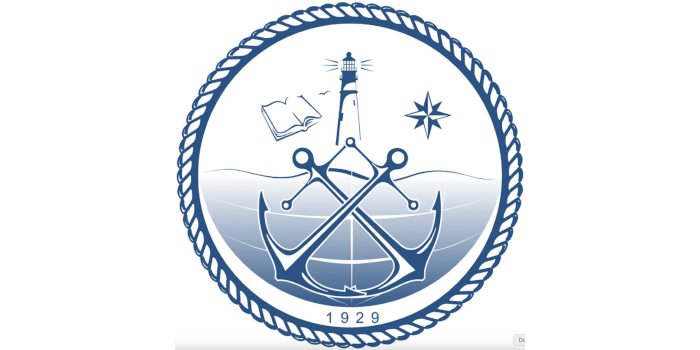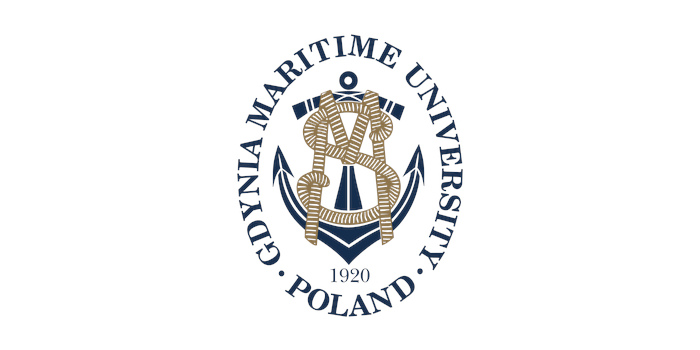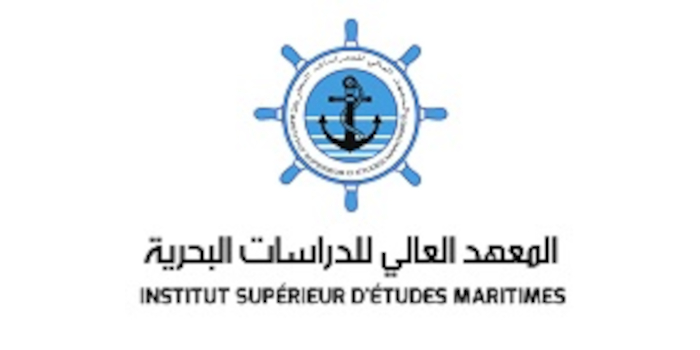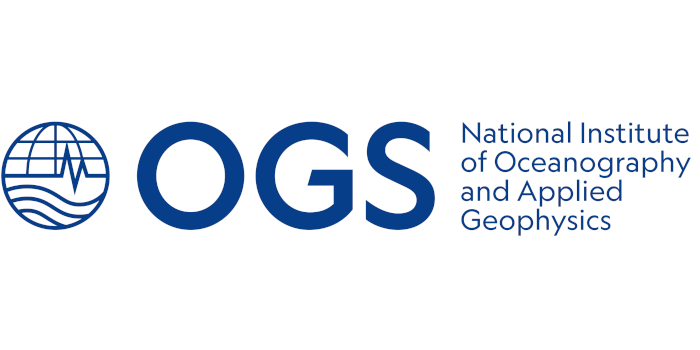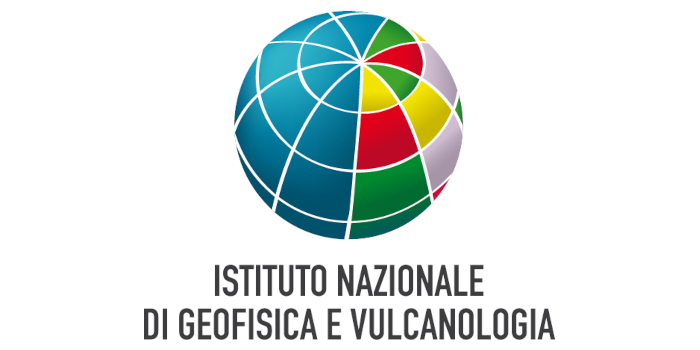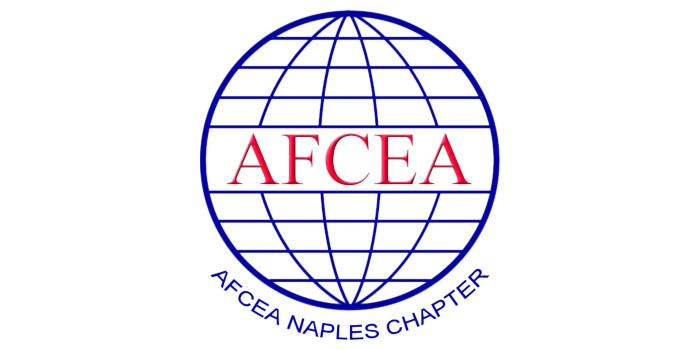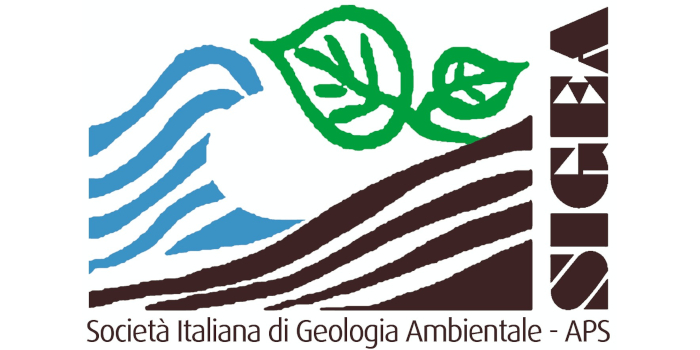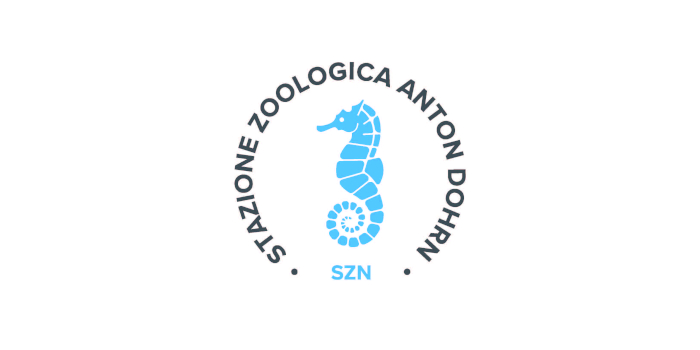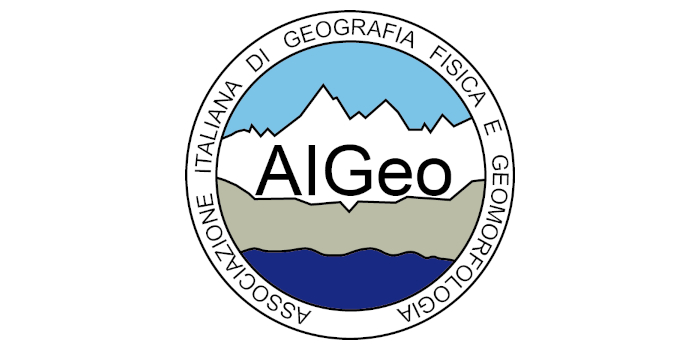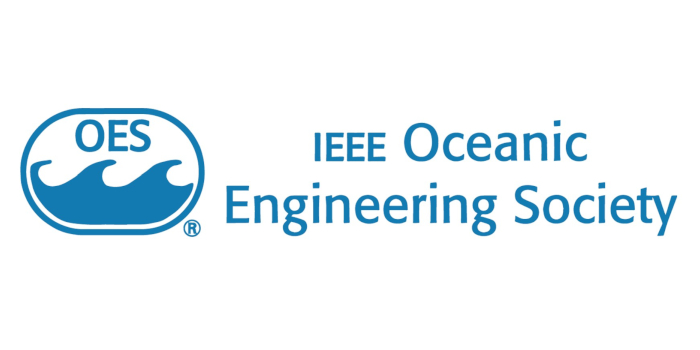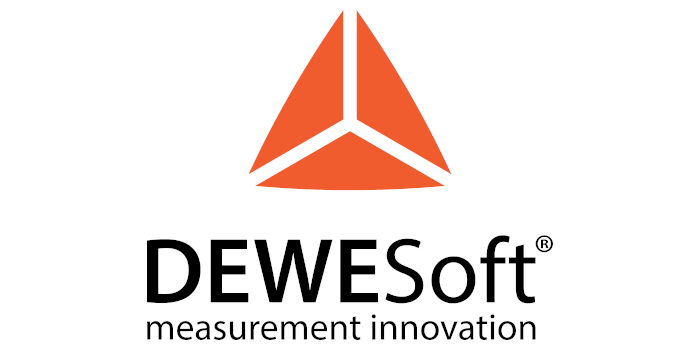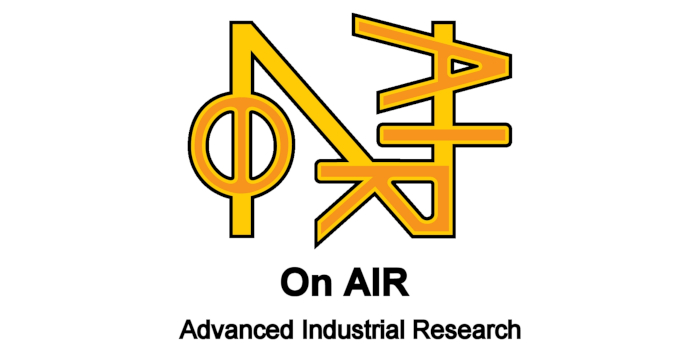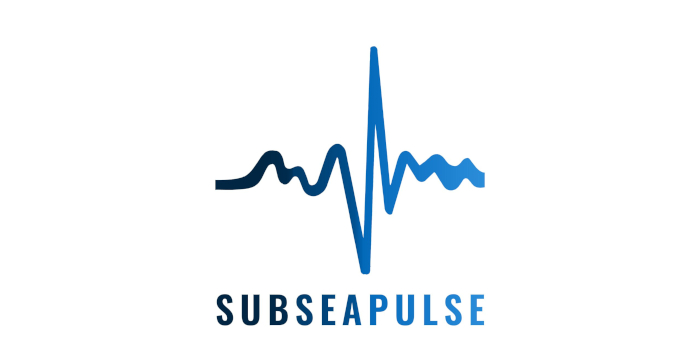SPECIAL SESSION #15
Marine Benthic Species as Key Players in Biodiversity and Ecosystem Health Monitoring
ORGANIZED BY
Roberta Trani
Department of Biosciences, Biotechnology and Environment, University of Bari Aldo Moro, Italy
Daniele Arduini
Department of Biological and Environmental Sciences and Technologies, University of Salento, Italy
Giulia Papini
Laboratory of Experimental Ecology and Aquaculture, Dept. of Biology, University of Rome "Tor Vergata", Italy
Montserrat Compa
Interdisciplinary Ecology Group, University of the Balearic Islands, Palma de Mallorca, Spain
Tamara Lazic
Department of Biosciences, Biotechnology and Environment, University of Bari Aldo Moro, Italy
ABSTRACT
Marine invertebrates are key contributors to ecosystem dynamics, nutrient cycling, water quality improvement, and habitat engineering. They play a crucial role in fostering biodiversity, sustaining nursery habitats, protecting coastlines, and consequently maintaining ecological balance. Moreover, many benthic marine invertebrates contribute to bioremediation through bioaccumulation and biodegradation, facilitating the natural recovery of impacted marine ecosystems.
As key bioindicators, they provide valuable insights into ecological risk assessment, enabling the evaluation of environmental impacts at the individual, community, and ecosystem levels. Their capacity to monitor, respond to, and mitigate environmental disturbances highlights their significance in maintaining marine ecosystem health, enhancing resilience, and supporting restoration efforts.
Vertebrates can also be valuable in monitoring strategies since they can indicate anthropogenic disturbances and reflect habitat quality, such as the case of several fish species that are, according to the IUCN, important in fulfilling this role.
Through the application of multidisciplinary approaches and advanced methodologies, this session aims to enhance knowledge on environmental assessments based on marine benthic species, contributing to more effective conservation and management strategies.
TOPICS
We encourage contributions focused on benthic marine species, including but not limited to:
- Physiological and behavioral responses to environmental pollutants (organic, chemical, and emerging contaminants such as microplastics);
- Their potential in biomonitoring and environmental risk assessment;
- Ecosystem disruptions in coastal and offshore areas, focusing on altered nutrient cycling, organic load accumulation (e.g., from aquaculture), eutrophication, hypoxia, and trophic imbalances;
- Their adaptability and responses to climate change stressors (such as marine heatwaves and ocean acidification);
- Resilience mechanisms and adaptive strategies in response to changing sea conditions;
- The introduction and spread of alien species and their impacts on native biodiversity, ecosystem dynamics, and habitat stability.
ABOUT THE ORGANIZERS
Roberta Trani, is a postdoctoral researcher at the Marine Zoology Laboratory of the Department of Biosciences, Biotechnologies, and Environment at the University of Bari Aldo Moro. She holds a degree in Environmental Biology and earned a Ph.D. in Environmental Sciences in 2021.
Her research focuses on the bioremediation potential of marine invertebrates and macroalgae in Integrated Multi-Trophic Aquaculture (IMTA) systems, including studies conducted as part of the REMEDIA Life project. As part of her work, she completed a research stay at the Departments of Ecology and Chemistry at the University of the Balearic Islands (Spain), specializing in extraction and purification techniques for natural products derived from farmed sponges in IMTA facilities.
She has participated in several research projects focused on marine biodiversity monitoring and conservation. Additionally, she holds the European Scientific Diver certification.
Daniele Arduini, is a postdoctoral researcher in marine biology at the Laboratory of Applied Zoology, Department of Biological and Environmental Sciences and Technologies, University of Salento. His research focuses on benthic marine invertebrates and their potential applications, with a particular interest in the biology and ecology of suspension-feeding polychaetes and ascidians. Currently, he investigates their role and potential use as extractive species in integrated multi-trophic aquaculture (IMTA) systems.
Giulia Papini, is currently finalizing a PhD in Evolutionary Biology and Ecology at the University of Rome "Tor Vergata," Italy, where she works in the Laboratory of Experimental Ecology and Aquaculture within the Department of Biology. Her research focuses on marine ecology and applied ecology, with a specialization in the dynamics of microplastic transport in aquatic environments and their interactions with organisms. She investigates the presence, abundance, and distribution of microplastics, their interception by organisms for ecological risk assessment to monitor the impacts of emerging pollutants on marine ecosystems.
Montserrat Compa, i am a postdoctoral researcher at the University of the Balearic Islands. My research interests encompass various aspects of marine ecology, with a specialized focus on marine pollutants such as microplastics and their impacts on marine ecosystems and aquatic organisms
Tamara Lazic, held her Ph.D. in Molecular and Structural Genetics and Evolution and is currently a researcher in Zoology at the Department of Biosciences, Biotechnology and Environment of the University of Bari. Her research focuses on Syngnathids and other benthic organisms inhabiting confined areas including both native and alien species. In particular, the research concerns population genetics, trophic ecology and relationships by traditional and DNA metabarcoding means, distribution, and species-environmental relations.

